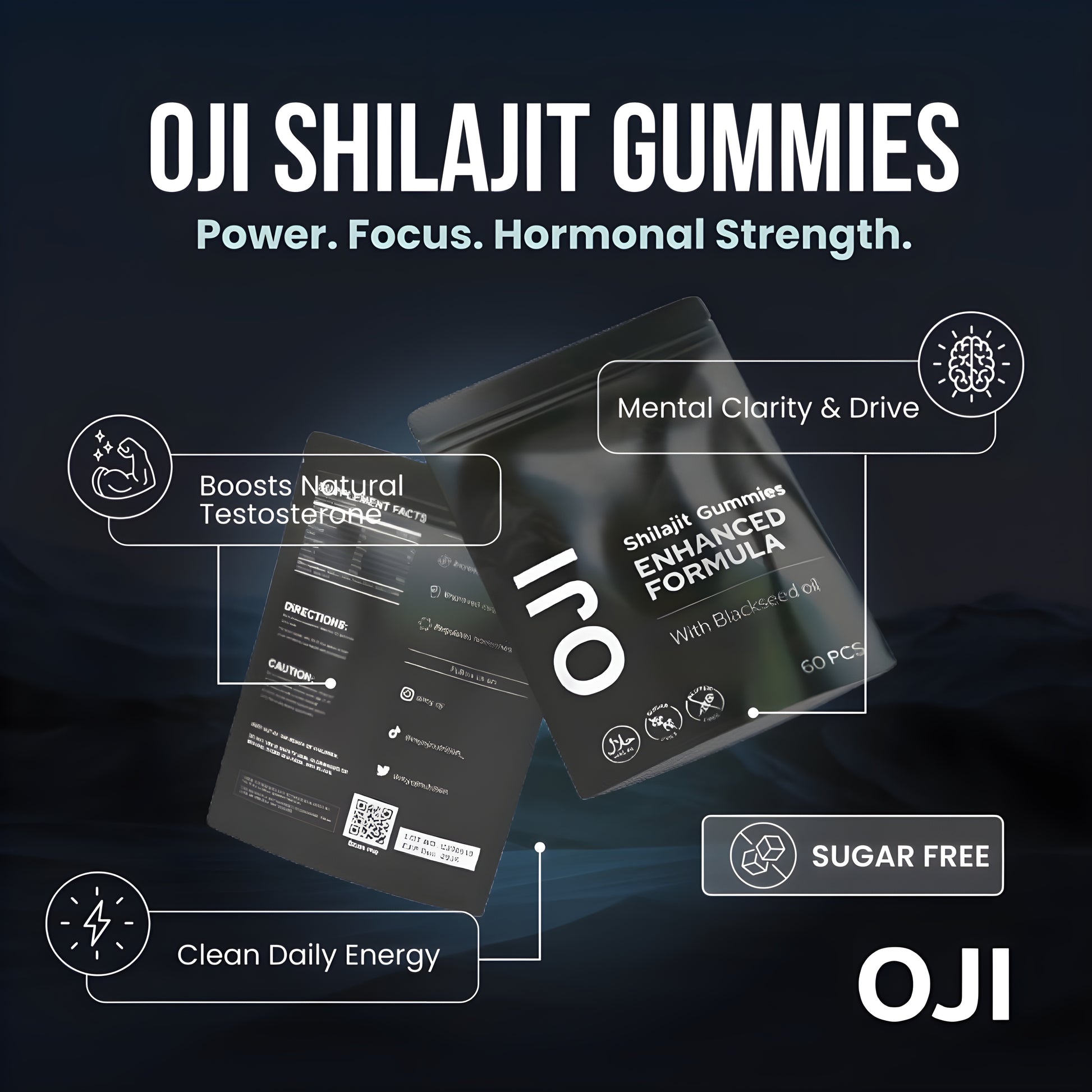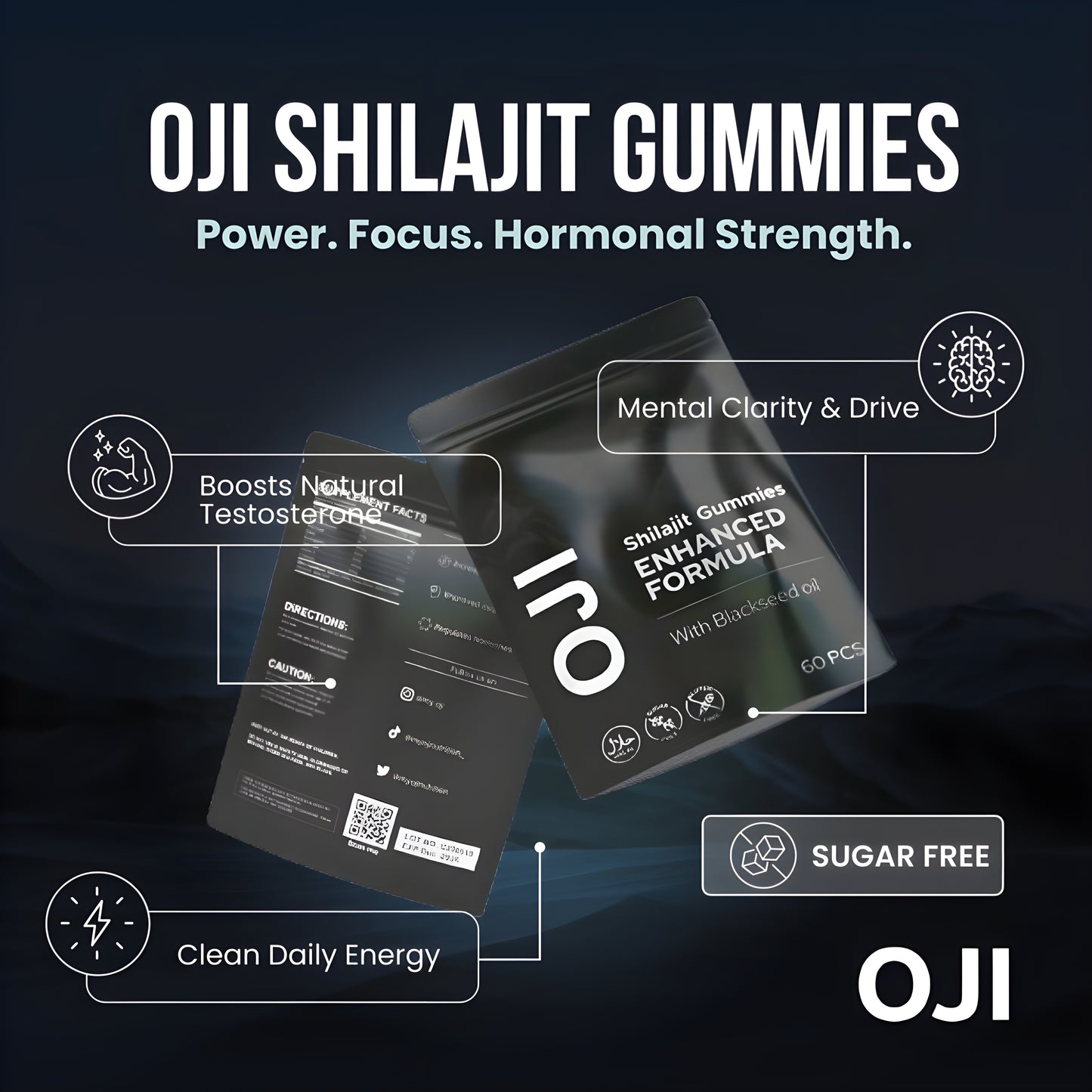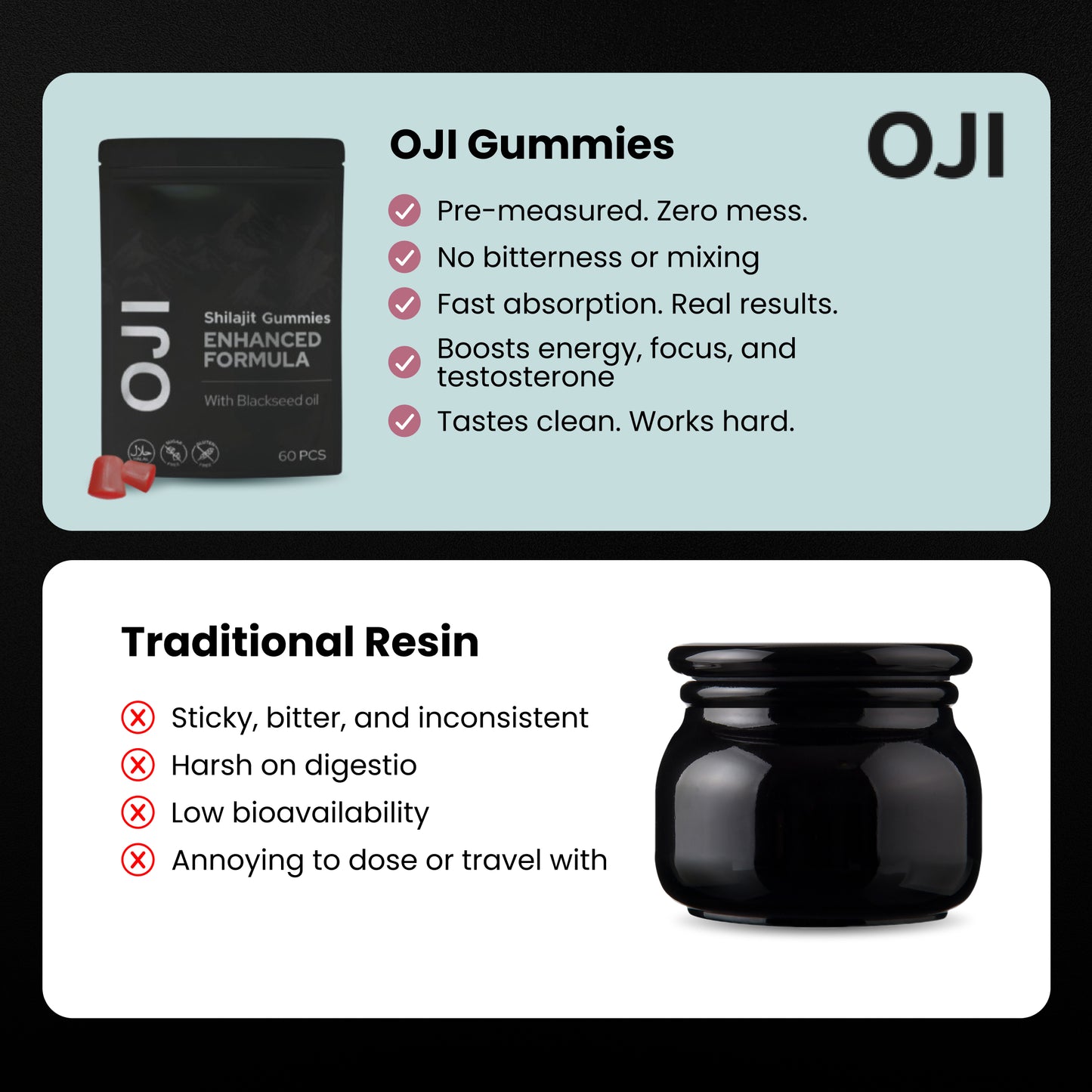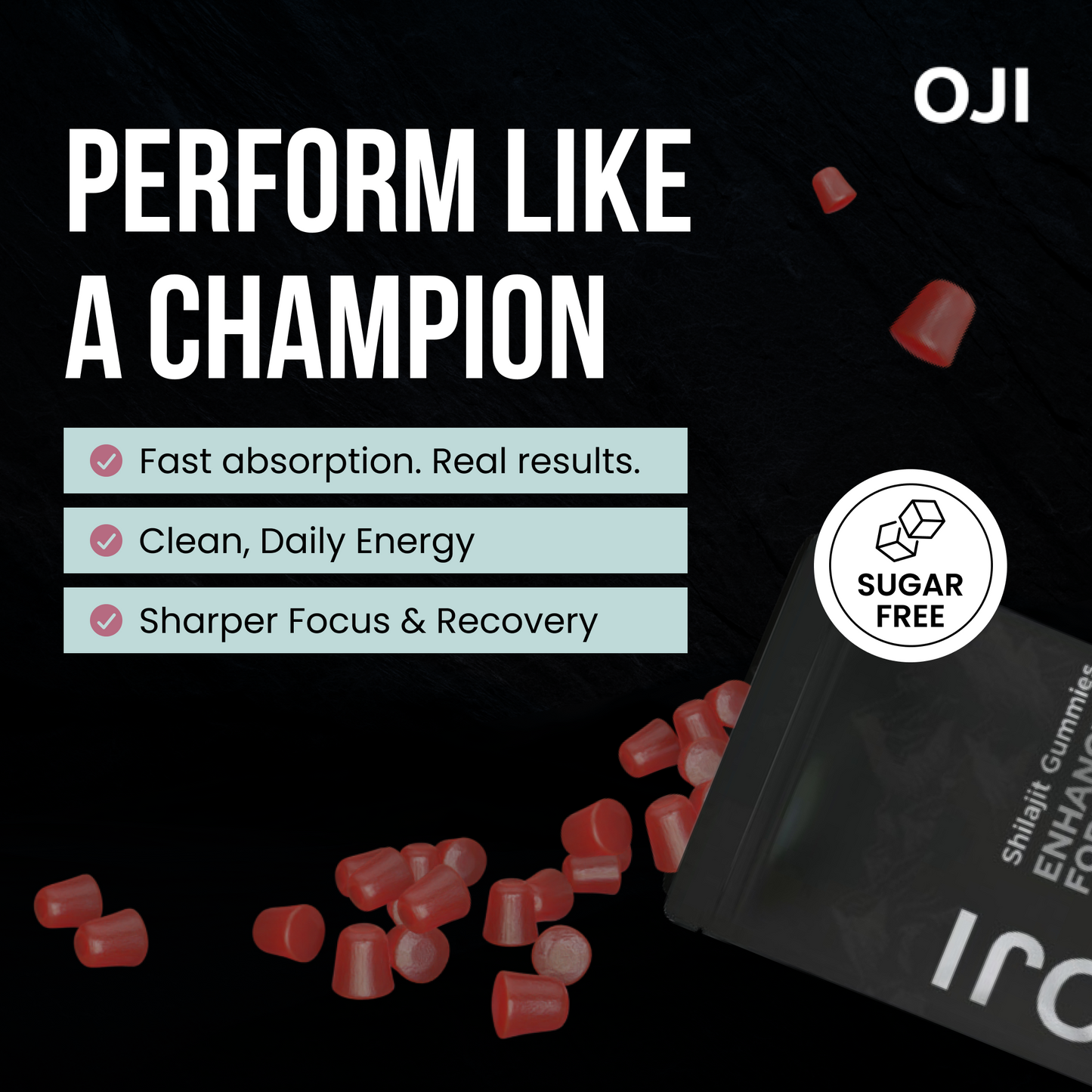Ever had one of those days where your brain feels like it’s running on a dodgy dial-up connection? That fuzzy, slow-motion feeling where simple thoughts and tasks feel like wading through treacle. That's brain fog.
It’s not a medical diagnosis in itself, but rather a collection of frustrating symptoms like poor concentration, memory slip-ups, and a general lack of mental sharpness. More often than not, the root cause can be traced back to a brain fog vitamin deficiency – a simple sign that your brain isn't getting the fuel it needs to fire on all cylinders.
Uncovering the Link Between Your Plate and Your Headspace
Your brain is an incredibly demanding organ. It runs the whole show, and to do that, it needs a constant, premium supply of vitamins and minerals. Think of these micronutrients as the specialist crew keeping a complex machine in perfect working order. They’re essential for everything from generating energy to transmitting signals between your nerve cells.
When you're running low on these key players, the entire system can start to sputter and stall, leaving you stuck in that familiar mental haze.
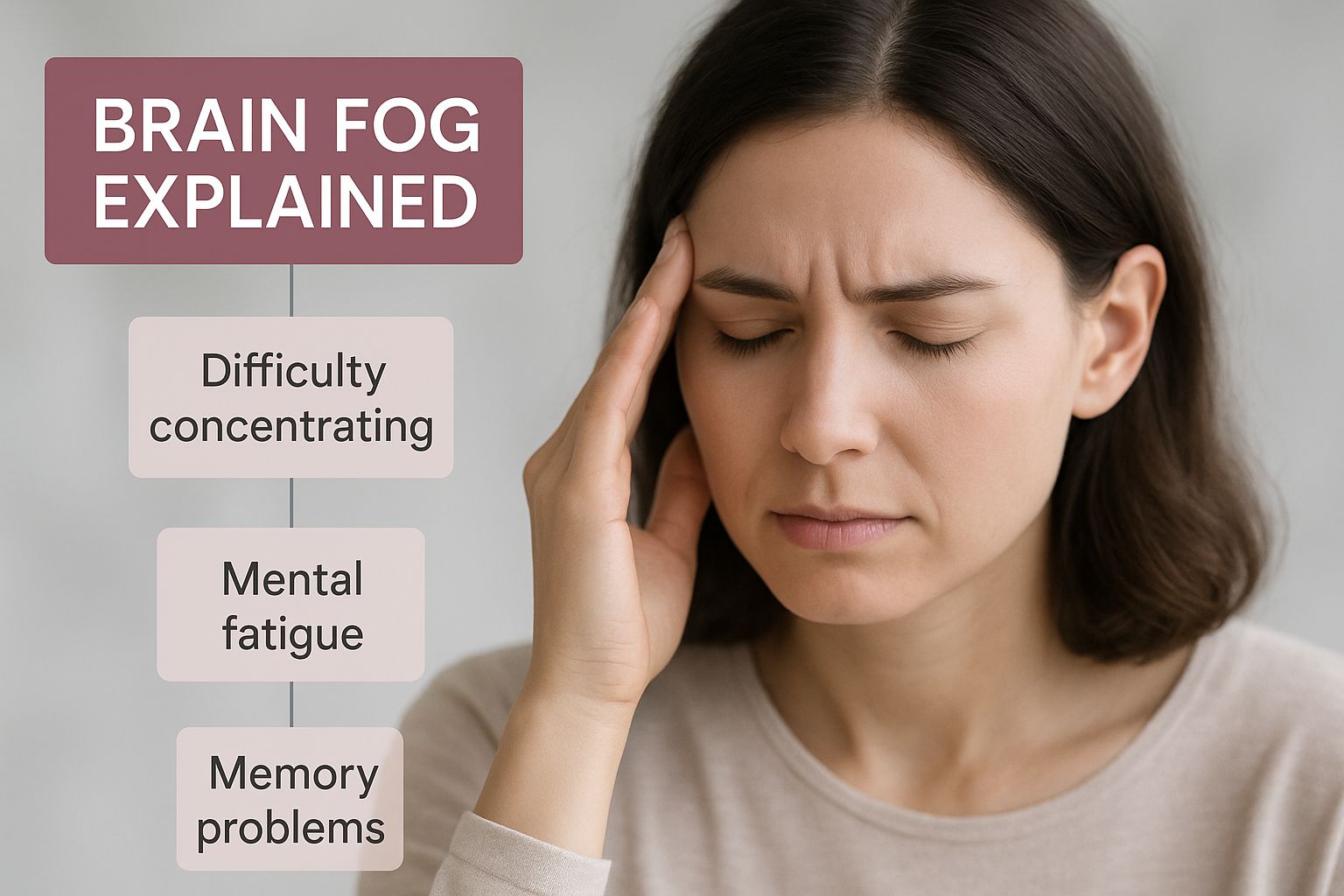
As the image shows, brain fog isn't just a vague feeling you have to "push through." It can be a direct result of real, physical imbalances caused by what’s missing from your diet.
Just How Common Are Nutrient Shortfalls?
You might be surprised. Nutrient deficiencies are a bigger deal than most people realise and are becoming a significant public health issue right here in the UK. This isn’t a small problem; it's having a real, measurable impact on the nation's health and cognitive performance.
Just look at the recent NHS data. It shows a worrying 11% increase in hospital admissions for iron deficiency – a mineral absolutely crucial for brain function – with cases hitting over 191,000 in 2023-24.
At the same time, deficiencies in B vitamins like B12, which are vital for nerve health, shot up by 15%. And Vitamin D? It remains the most common deficiency, affecting roughly one in six adults in the UK. Low levels of all these nutrients are directly tied to the classic brain fog symptoms of fatigue and poor concentration. You can read more about the research into these rising deficiencies and their public health consequences.
Think of vitamins and minerals as the spark plugs for your brain's engine. Without them, the engine can't fire properly. The result? Sluggish performance, poor fuel efficiency (your energy levels), and that frustrating feeling of just not being able to get going.
Why Your Brain Craves Specific Vitamins
Different nutrients have very specific jobs when it comes to keeping you mentally sharp. If you’re short on just one, it can throw the whole system off balance. Before we dive deep into each one, here's a quick look at the main nutrients your brain relies on to beat brain fog.
Key Nutrients That Fight Brain Fog
A quick look at the primary vitamins and minerals your brain needs and the first signs you might be running low.
| Nutrient | Its Role in Your Brain | Common Deficiency Symptoms |
|---|---|---|
| B Vitamins | The brain's 'energy converters', turning food into fuel and making mood-regulating neurotransmitters. | Fatigue, irritability, memory problems, confusion. |
| Vitamin D | Protects your brain cells (neurons) and helps reduce inflammation. Often called the 'sunshine vitamin'. | Low mood, cognitive impairment, general fatigue. |
| Iron | Absolutely essential for carrying oxygen to the brain. Without it, your brain is starved of energy. | Mental fatigue, inability to focus, shortness of breath. |
Each of these nutrients plays a unique and critical role, and a shortfall in any of them can be the hidden reason behind your mental fog. Now, let's explore them in more detail.
How Vitamin D Deficiency Clouds Your Thinking
When we hear “Vitamin D,” most of us think of strong bones or a healthy immune system. It’s often called the ‘sunshine vitamin’ for a reason. But its influence reaches far deeper, right into our brain, where it acts as a crucial regulator for keeping our minds sharp and clear. When your levels dip, it can cast a real shadow over your cognitive function, becoming a major cause of persistent brain fog.
Think of your brain’s nerve cells, or neurons, as a massive, high-speed electrical network. Vitamin D is like the expert engineer on site, responsible for maintaining the entire system. It plays a huge part in protecting these neurons and keeping brain inflammation in check, which ensures all those important signals travel without any interference.
But when you're deficient in Vitamin D, that entire protective system starts to stumble. Inflammation can rise without anything to control it, and your neurons are left more open to damage. This breakdown is a key reason behind that mental sluggishness, poor concentration, and memory trouble we know all too well as brain fog.
The UK's Widespread Deficiency Problem
This link between a brain fog vitamin deficiency and low Vitamin D is a massive issue here in the UK. Because of where we are on the map and our famously limited sunshine—especially in autumn and winter—it’s a real national challenge to get enough. This isn't just a number on a chart; it has a direct impact on how millions of us feel and think every single day.
Recent data paints a stark picture. According to findings from Vitall health tests in 2023, a shocking 20% of the UK population is deficient in Vitamin D. On top of that, a further 60% have insufficient levels. That means the vast majority of people aren't working with the optimal amount of this critical nutrient for good brain health, with one in five men being outright deficient. You can read the full statistics on UK vitamin deficiencies to see just how big the problem is.
It’s no coincidence that the feelings of 'winter blues'—when so many of us feel more tired, less motivated, and mentally hazy—line up perfectly with this lack of the ‘sunshine vitamin’. It's a direct result of your brain not getting the fuel it needs to perform at its peak.
From Low Mood to Foggy Thinking
Vitamin D's job doesn't end with protecting neurons. It's also deeply involved in producing key neurotransmitters, like serotonin and dopamine. These are the chemical messengers that run the show in your brain, managing everything from your mood and motivation to your focus and sense of pleasure.
You can think of neurotransmitters as the software that runs on your brain's hardware. Even if the hardware—your neurons—is in perfect shape, the whole system will lag if the software is buggy or incomplete.
A Vitamin D deficiency is like trying to run your brain on a low-power mode. Essential processes slow down, communication between cells becomes less efficient, and the result is a cognitive 'brownout'—what we experience as brain fog.
When Vitamin D levels are low, neurotransmitter production can get thrown off balance, which directly hits your mental state. This is exactly why a deficiency is so closely tied not just to brain fog but also to low mood and fatigue. Recognising these signs is the first step you can take towards clearing the clouds. To dive deeper, exploring various supplements for mental clarity can give you a clear path to restoring what your brain is missing.
The B Vitamin Complex: Your Brain's Powerhouse
If you think of your brain as a high-performance engine, then the B vitamins are the specialised crew in the engine room, responsible for converting fuel into power and keeping everything running smoothly. This family of essential nutrients, especially B12, B6, and B9 (folate), is absolutely fundamental to cognitive function. When you're running low on any of them, it can throw a spanner in the works, leading to a classic case of brain fog vitamin deficiency.
The B vitamin complex is a tightly-knit team where every member has a distinct, vital job. They work in sync to produce energy, build and repair brain cells, and create the chemical messengers that control your mood and focus. If this team is understaffed, your mental performance is one of the first things to take a hit.
Vitamin B12: The Nerve Insulator
Vitamin B12 is like the protective insulation wrapped around your brain's complex electrical wiring. Its crucial job is to help form the myelin sheath, a fatty layer that coats your nerve fibres. This sheath is what allows electrical signals to zip quickly and efficiently from one part of the brain to another.
When B12 levels drop, this insulation starts to get patchy. Signals can misfire or slow right down, a bit like a frayed electrical cord causing a short circuit. This neurological disruption is a direct cause of brain fog, making you feel slow, forgetful, and just not quite ‘with it’.
Vitamin B6: The Neurotransmitter Factory Worker
Next up is vitamin B6, which you can imagine as a tireless worker on your brain's chemical production line. Its main role is to help create neurotransmitters—the messengers that ferry instructions between your brain cells. Two of the big ones are serotonin (the mood stabiliser) and dopamine (the motivation and focus chemical).
A shortage of B6 means the production line slows down. Your brain simply can't manufacture enough of these vital messengers, leaving you feeling unfocused, irritable, and mentally sluggish. Keeping your B6 levels topped up is essential for maintaining the delicate chemical balance that keeps you feeling sharp and positive.
Vitamin B9: The Brain's Architect
Finally, let’s talk about vitamin B9, better known as folate. Think of folate as the brain's architect and repair crew all in one. It’s absolutely essential for building and maintaining new cells, including the all-important neurons that make up your brain. It also plays a key part in DNA synthesis and repair.
A deficiency in the B vitamin family is like running an office with a dodgy power supply, a broken communication system, and no maintenance crew. Sooner or later, everything just grinds to a halt. This system-wide failure is what brain fog feels like.
Without enough folate, your brain's ability to fix itself and forge new, healthy pathways is seriously held back. This can lead to a gradual dip in cognitive function, showing up as that persistent, frustrating mental cloudiness.
Who Is Most at Risk of Deficiency?
While anyone can find themselves low on B vitamins, some groups need to be particularly mindful. Since B12 is found almost exclusively in animal products, vegans and vegetarians are at a much higher risk of coming up short. As we get older, our bodies also become less efficient at absorbing B12 from food, putting older adults at significant risk.
In fact, the link between low B vitamin levels and cognitive issues is well-established. UK government data reveals that deficiency rates for B12 and folate can reach as high as 5% and 12% respectively in older populations. This lines up with major studies involving tens of thousands of people, which found a powerful connection between low levels of B12, B6, and folate and an increased risk of cognitive decline—with brain fog being a key symptom. You can discover more about these crucial findings on B vitamins and brain health. These numbers make it clear: paying close attention to your B vitamin intake is non-negotiable for long-term mental clarity.
Beyond Vitamins: Essential Minerals for Mental Clarity

We've seen how a brain fog vitamin deficiency can leave you feeling mentally sluggish, but vitamins aren't the only players on the field. Essential minerals are just as vital for keeping your mind sharp and focused.
Think of them as the specialised support crew, working alongside your vitamins to ensure the whole cognitive operation runs smoothly.
When it comes to brain health, three minerals really take centre stage: iron, magnesium, and zinc. A shortfall in any one of these can feel just as disruptive as a vitamin deficiency, leaving you distracted, mentally drained, and struggling to think straight. Let’s break down what each one does for your brain.
Iron: The Brain’s Oxygen Delivery Service
Imagine your brain is a bustling city that never stops. Iron is the critical delivery service, tasked with getting oxygen—the city’s main fuel source—to every single part of it. It does this by forming a key component of haemoglobin, the protein in red blood cells that ferries oxygen from your lungs to your brain.
If you don't have enough iron, that entire delivery network slows to a crawl. Your brain cells become starved of the oxygen they desperately need for energy. The result? That classic feeling of mental fatigue, poor concentration, and an inability to get anything done. This is precisely why iron deficiency anaemia is so closely linked to the symptoms of brain fog.
Magnesium: The Nervous System’s Calming Agent
If iron handles the deliveries, magnesium is the master traffic controller that keeps your brain's busy neural pathways from getting gridlocked. This powerful mineral is a major player in regulating your nervous system, managing neurotransmitter activity to stop your brain from becoming overstimulated and burning out.
Think of magnesium as the 'off switch' for your brain's stress response. It helps calm your nerve cells, preventing them from firing excessively. Without enough magnesium, your brain can get stuck in an 'on' state, leading to mental restlessness, anxiety, and a complete inability to focus.
Magnesium also chips in with energy production and supports neuroplasticity—your brain’s ability to adapt and forge new connections. A deficiency can mess with your focus, disrupt your sleep, and leave you feeling utterly exhausted, making it a major contributor to brain fog.
Zinc: The Memory and Communication Facilitator
Zinc is the communications expert for your brain, making sure messages fly between neurons clearly and quickly. It’s absolutely essential for synaptic function, the process where nerve cells pass signals to each other. Because of this, the mineral is deeply involved in how we form memories and learn new things.
When zinc is in short supply, this delicate communication system can get scrambled. Signals become weak or confused, which can directly affect your ability to retain new information and recall memories. It’s a recipe for feeling mentally scattered and unfocused.
It’s worth noting that certain people are more likely to run low on these minerals. Women of childbearing age, vegetarians, and vegans, for example, often face a higher risk of low iron. At the same time, modern diets and soil depletion mean many of us struggle to get enough magnesium and zinc.
Understanding the role of these nutrients is a game-changer. You can learn more about the benefits of trace minerals and how they support your overall health. Getting your mineral levels sorted is a crucial step towards finally clearing the haze.
How to Pinpoint and Fix a Nutrient Deficiency
That nagging feeling that a brain fog vitamin deficiency is the real reason you feel so spaced out? That's a huge first step. But what now? Going from a hunch to a solid plan means learning to read the signs, knowing how to get the most out of a visit to your GP, and making smart choices about your diet and supplements.
Let's walk through how you can take back control and start clearing the mental haze. The journey begins by tuning into the signals your body is already sending you. The clues are often subtle and can overlap, but specific patterns can point you in the right direction.
Learning Your Body's Language
Before you can fix the problem, you need a good idea of what it is. While you should never try to diagnose yourself, being aware of the signs will help you have a much more useful chat with your doctor.
Here are a few common clues linked to specific shortfalls:
- Unshakeable Fatigue: This isn't just feeling a bit tired. It's that deep, bone-weary exhaustion that even a good night's sleep can't seem to touch. This is a classic sign of low iron and B12.
- Low Mood or Feeling Irritable: If your brain fog comes with a side of feeling down or snappy, especially during the darker winter months, a lack of Vitamin D could be at play.
- Tingling or Numbness: Strange "pins and needles" feelings in your hands or feet can sometimes point to a more serious B12 deficiency.
- Muscle Twitches or Cramps: Those annoying, random muscle spasms—especially in your legs or eyelids—are often linked to low magnesium levels.
Try keeping a simple diary for a week or two. Jot down when you feel foggy, any other physical or emotional symptoms you notice, and what you’ve been eating. This gives your GP a clear, detailed picture to work with.
Getting a Clear Diagnosis with Your GP
Once you’ve noted down your symptoms, it’s time to book in with your GP. This is the most important step. Don't be tempted to downplay how you're feeling. Clearly explain how the brain fog is impacting your daily life—your work, your ability to concentrate, and your general sense of wellbeing.
Your GP is your best partner in figuring this out. Be direct. Instead of just saying "I feel tired," try something like, "By 2 PM every day, I'm so mentally drained I can't focus on my work, and it's been like this for months."
Your doctor will listen to your symptoms and will likely suggest a blood test. This is the only way to get a definitive answer. The test measures the levels of key vitamins and minerals in your blood, giving you and your doctor concrete data to work with. Once the results are back, your GP will explain what they mean and lay out a plan of action.
Food First or Supplements? A Practical Guide
When it comes to fixing a confirmed deficiency, you've got two main tools in your arsenal: diet and supplements. The best path forward really depends on how low your levels are and your personal situation—a decision you should always make with your doctor's guidance.
To help you understand the options, here’s a quick breakdown of when to focus on food and when supplements might be the better immediate choice.
Food First or Supplements: A Practical Guide
Understand when to focus on diet versus when to consider supplements for brain health, always under medical guidance.
| Nutrient | Best Food Sources | When Supplementation Might Be Best | Key Considerations |
|---|---|---|---|
| Vitamin D | Oily fish (salmon, mackerel), red meat, egg yolks, fortified foods. | Almost always in the UK, especially from October to March, as it’s nearly impossible to get enough from food alone. | The NHS recommends a daily 10mcg supplement for most adults during autumn and winter. |
| B Vitamins | Meat, fish, dairy, eggs, fortified cereals, leafy greens (for folate). | For a confirmed B12 deficiency, if you're vegan/vegetarian, or if you have gut issues that affect absorption. | Your doctor may prescribe B12 injections or high-dose oral supplements. |
| Iron | Red meat, liver, beans, nuts, dried fruit like apricots. | For diagnosed iron-deficiency anaemia. Food alone often isn't enough to bring levels back up quickly. | Always take iron supplements under medical supervision. Too much can be harmful. |
A "food first" approach is a fantastic long-term strategy for keeping your nutrient levels topped up. But for a diagnosed brain fog vitamin deficiency, supplements are often the key to restoring your levels quickly and effectively. They deliver a concentrated, reliable dose that can help you feel sharper, faster.
Your Brain-Boosting Meal and Snack Guide

Knowing the science behind a brain fog vitamin deficiency is a great first step. But the real magic happens when you translate that knowledge onto your plate.
The good news? You don't need fancy, expensive ingredients or complex recipes to start nourishing your brain. This guide is all about simple, practical ways to fill your diet with the nutrients that fight off mental fatigue. We’re talking about everyday foods you can grab at any UK supermarket, built into easy meal and snack ideas.
Building Your Brain-Healthy Day
So, what does a day of brain-boosting food actually look like? The idea is to consistently weave in foods brimming with B vitamins, Vitamin D, iron, and magnesium.
Breakfast Power-Up: Kick-start your morning with a meal that gives you proper, sustained energy.
- Fortified Porridge: A warm bowl of porridge made with fortified oat milk is a fantastic way to begin. Top it with a tablespoon of pumpkin seeds for that magnesium hit and a handful of berries for a dose of antioxidants.
- Scrambled Eggs on Wholemeal Toast: Eggs are little powerhouses of Vitamin B12 and D. When you serve them on a slice of wholemeal toast, you get the added bonus of fibre and more B vitamins to keep you feeling full and sharp.
Lunchtime Clarity: Your midday meal is your secret weapon against the dreaded afternoon slump. Think about a good balance of protein, healthy fats, and some lovely leafy greens.
- Salmon and Spinach Salad: Oily fish like salmon is absolutely loaded with brain-loving omega-3s and Vitamin D. Toss it with a generous handful of spinach—a brilliant source of iron and folate—for a genuinely brain-fuelling lunch.
- Lentil Soup: A hearty, warming lentil soup is an amazing source of iron and B vitamins, making it a perfect choice, especially if you follow a plant-based diet.
Remember, consistency trumps perfection every time. You don't need a flawless diet. Just making small, deliberate choices to include one or two brain-friendly foods in each meal can make a massive difference over time.
Smart Snacking for Sustained Focus
Snacks are more than just a way to curb hunger; they're a brilliant opportunity to top up your brain's fuel tank between meals. Instead of reaching for sugary biscuits that send you on a rollercoaster of energy spikes and crashes, go for snacks that pack a real nutritional punch.
Easy Brain-Boosting Snack Ideas:
- A Handful of Almonds or Walnuts: Almonds are full of magnesium, while walnuts deliver those fantastic brain-healthy omega-3 fatty acids.
- A Small Pot of Greek Yoghurt: This is an excellent source of Vitamin B12 and protein, which helps keep your blood sugar levels nice and steady.
- An Apple with Peanut Butter: The fibre from the apple combined with the protein and healthy fats from the peanut butter gives you a slow, steady release of energy. No crash here.
- A Piece of Dark Chocolate (70% or higher): Yes, really! Rich in flavonoids, iron, and magnesium, a small amount of good-quality dark chocolate can genuinely support cognitive function.
By weaving these simple meals and snacks into your weekly routine, you’re building a powerful dietary defence against brain fog. You're not just eating; you're actively giving your brain the exact tools it needs to fire on all cylinders, paving the way for better focus and mental clarity.
Frequently Asked Questions About Brain Fog
Setting out to clear the haze of brain fog naturally brings up a few questions. Knowing what to expect on the journey helps you stay confident and stick with a plan that truly works. Let's tackle some of the most common queries about fixing a brain fog vitamin deficiency and getting your sharp mind back.
How Long Until I Feel Better?
This is the big one, and the honest answer is: it’s different for everyone. How quickly you feel improvements really depends on how low your nutrient levels were to begin with, which specific vitamins you were missing, and how consistently you stick to your new routine.
That said, most people who start a targeted supplement plan for a diagnosed deficiency report a subtle shift in their energy and focus within a few weeks. But for a full recovery—where your body has completely topped up its reserves and your brain has had time to repair itself—you should plan for one to three months of consistent effort. Be patient with yourself. You're rebuilding your brain's foundations, one nutrient at a time.
Are Supplements Safe to Take?
Absolutely, as long as they're taken correctly and you know what you're doing. When a professional has identified a specific shortfall, supplements are a safe and incredibly effective tool. The real risk comes from guessing or grabbing random bottles from the health food shop.
It's always best to work with your GP or another qualified healthcare professional. They can run tests to see what you actually need, recommend the right dose for you, and make sure it won’t clash with any medications you’re on. Taking too much of certain things, like iron, can do more harm than good, which is why professional advice is so important.
Don't think of supplements as a casual wellness add-on. See them as a targeted therapeutic tool. When a blood test shows a deficiency, a high-quality supplement is the fastest way to give your brain what it's been missing, closing the gap much quicker than you could with food alone.
Can Lifestyle Changes Alone Fix Brain Fog?
Lifestyle habits are massive. Things like poor sleep, constant stress, and not enough exercise can absolutely cause or worsen brain fog, even if your vitamin levels are spot on. A healthy diet is your best bet for long-term maintenance, keeping your brain fed and happy.
However, if the root of your problem is a confirmed brain fog vitamin deficiency, diet alone often isn't powerful enough to solve it quickly. It’s extremely difficult to eat enough of one specific food to get the high dose needed to reverse a serious deficit. The smartest approach is a combined one: use supplements for the initial fix while building healthier lifestyle habits to keep your mind clear for good. To dive deeper into these other factors, check out our guide on how to clear brain fog.
Ready to provide your brain with the essential minerals it needs for peak performance? MyoJi offers enhanced Shilajit gummies, packed with over 85 trace minerals to support natural energy, mental clarity, and stress management. Restore your vitality with an easy, zero-sugar, plant-based solution. Discover the power of Oji Shilajit today.


